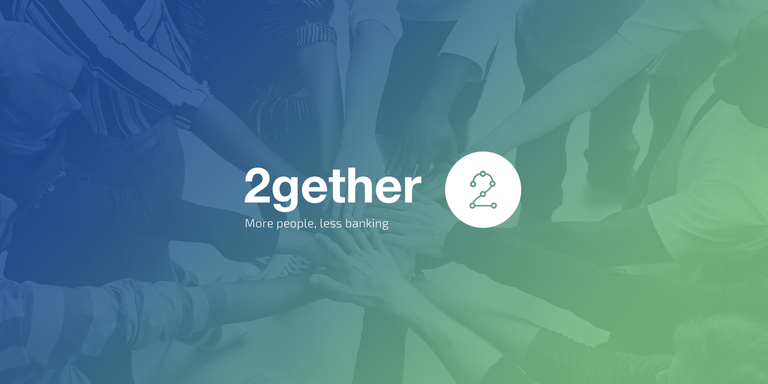View Original Article On Our MEDIUM Platform:
Incentive economy models centered around collaboration and incentives have wide-reaching implications for all forms of industry. As consumer trust becomes increasingly salient for success, so does fostering that trust with the relevant business model. The environment within large corporations compete tends to emphasize cost competition and value maximization of products but offer little to assuage the concerns of consumers.

The new business model is redefining the relationship between customers and companies 🤝
We’ve seen a push towards models where consumers rely on each other instead of large corporations. Consider the consolidation of the ‘gig economy’ where companies like Airbnb and Uber have become increasingly prominent in recent years as unconventional players in conventional industries. Their business model, of connecting users with other users, has led to a paradigmatic shift in the conception of what a company actually does.
There are some industries that remain to be disrupted. These tend to be heavily regulated and complex industries; like healthcare or banking. The barriers to disruption are higher, but the rewards within may be even greater, as consumer confidence is distinctly lacking. Thus, a change in these industries can be used as an advantage for companies willing to address it head-on.
The significance of delivering value to the customer 💎
That lack of consumer connection can be exploited by faster moving agile companies. If an incumbent connects providers with consumers in a transparent way, like Airbnb does with apartments or Uber with cars, then you begin to gain back the trust of the consumer.
Furthermore, if the business allows the consumers to capture the value from the network, by creating a network effect of value creation, rewarding both existing and new consumers. Therefore, we believe incentive economies are very powerful — and a natural evolution from what the gig-economy has started.
Legacy companies in antiquated industries will be left behind if the value for the user is obfuscated behind complex and bureaucratic operating models. The streamlining of those models, and the value delivery is what has defined the exponential growth of several of these new entrants in the ‘gig-economy’. The pivot to providing incentives directly to the consumer is the natural next step in business model evolution.
Innovation is accelerating at a faster and faster pace, incentive economies will come sooner, rather than later. As CEO of 2gether, a FinTech start-up predicated on the incentive economy model, we are redefining what it means to be a customer of a bank, empowering our consumers to become owners, returning revenue to them, and allowing them to form an integral part of our business model. This is how we see the future of banking evolving.
-Ramón Ferraz-
Join 2gether now! 🙌
To download 2gether, you just need to click here!
We’ve posted the Whitepaper and the Tokenomics documents on our web, where you can find more information about 2gether, the 2GT Token, and the presale.
Ah, and don’t forget to follow us on Twitter and join our community! 💥
Hi! I am a robot. I just upvoted you! I found similar content that readers might be interested in:
https://wegobusiness.com/investing-the-next-step-in-customer-value-creation/